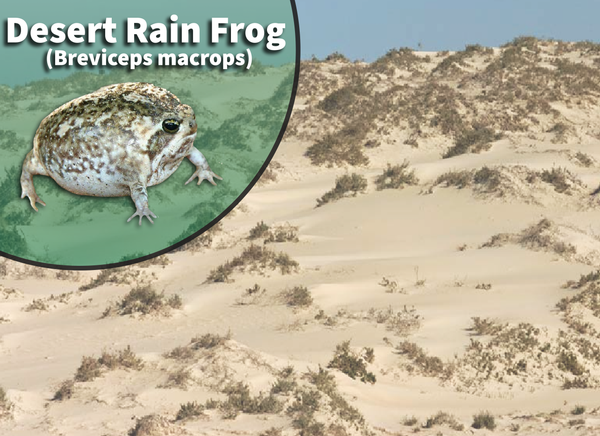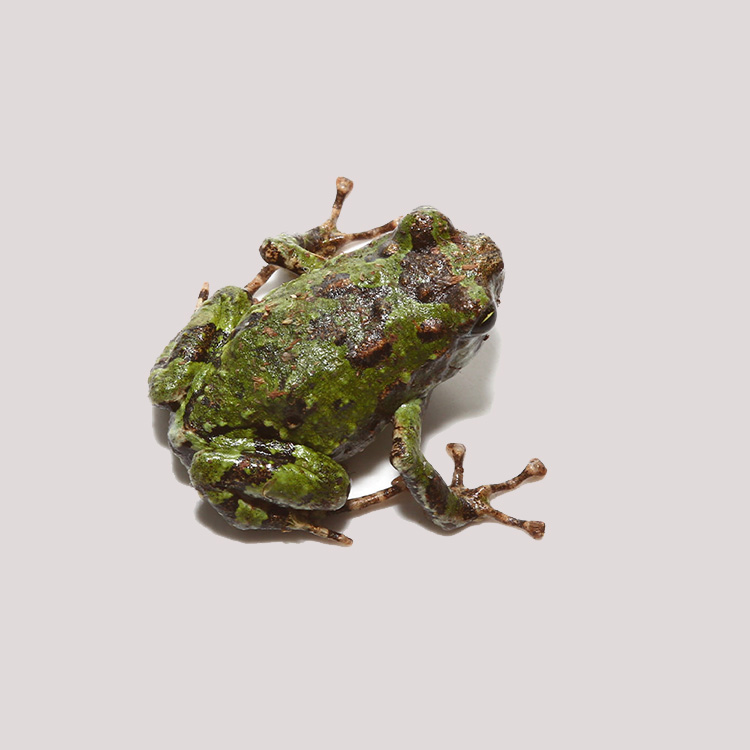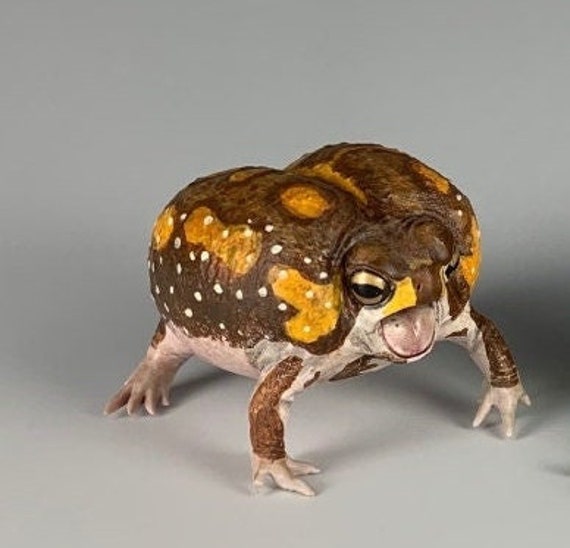Discover Unmatched Charm: Rain Frog for Sale Waits For to Improve Your Life!
Discover Unmatched Charm: Rain Frog for Sale Waits For to Improve Your Life!
Blog Article
Common Wellness Issues in Reptiles: Signs And Symptoms and Solutions
In the elaborate globe of reptile treatment, recognizing the usual health and wellness problems that might affect these one-of-a-kind animals is critical in guaranteeing their well-being. From breathing infections that can silently hold to metabolic bone conditions that can debilitate, reptiles are susceptible to a variety of ailments that call for eager observation and timely treatment. Whether it's coming to grips with parasitical problems, browsing dehydration issues, or resolving skin disorders that show up in refined ways, being attuned to the symptoms and equipped with the understanding of efficient solutions is crucial for any type of reptile proprietor. By diving further into the subtleties of these health concerns and checking out the functional treatments offered, one can guard the health and wellness and vigor of these remarkable animals.
Respiratory System Infections
Breathing infections in reptiles can dramatically impact their general health and wellness and call for timely interest from experienced veterinarians. In reptiles, respiratory infections can be especially challenging to diagnose and deal with due to their special composition and physiology.
Treatment for respiratory system infections in reptiles generally involves a mix of encouraging treatment, such as keeping correct humidity levels and temperature slopes in the enclosure, as well as targeted drug to resolve the particular virus liable for the infection. It is critical for reptile proprietors to monitor their family pets closely for any indications of respiratory system distress and look for vet treatment at the earliest indicator of a concern. With timely treatment and appropriate therapy, several reptiles can recuperate totally from respiratory infections and resume regular tasks.

Metabolic Bone Disease
What elements add to the growth of Metabolic Bone Disease in reptiles?
Metabolic Bone Illness (MBD) in reptiles is primarily caused by a lack of proper calcium, phosphorus, and vitamin D3 levels in their diet plan. Additionally, insufficient exposure to UVB light avoids reptiles from manufacturing vitamin D3, which is crucial for calcium absorption and bone wellness.
Various other adding aspects to MBD consist of improper temperature level gradients within the reptile's habitat, leading to lowered metabolism and damaged calcium absorption. Insufficient moisture degrees can additionally affect a reptile's capability to metabolize calcium properly. Moreover, specific reptile types have specific nutritional requirements that, if not met, can boost the possibility of establishing MBD. Routine veterinary check-ups, proper husbandry methods, and a balanced diet regimen are essential to protect against Metabolic Bone Illness in reptiles.
Parasitic Invasions
Parasitical infestations posture a substantial wellness danger to reptiles, influencing their general well-being and calling for timely veterinary attention. Reptiles can be impacted by various parasites, consisting of termites, ticks, inner worms, and protozoa. These bloodsuckers can create a series of signs, such as weight reduction, sleepiness, skin irritability, diarrhea, and also fatality if left without treatment.
One typical parasite discovered in reptiles is the mite, which can trigger skin irritability, stress, and anemia. Ticks are another exterior parasite that can cause and transfer illness pain to the reptile. Inner parasites like worms and protozoa can result in digestive system issues, poor nutrition, and deteriorate the reptile's immune system.
To identify a parasitical infestation, a veterinarian may perform fecal examinations, skin scrapings, or blood tests. Treatment often entails deworming medicines, antiparasitic bathrooms, or in extreme situations, a hospital stay. Preventative measures such as routine vet check-ups, correct health, and quarantine treatments for new reptiles can assist minimize the threat of parasitic problems and guarantee the health of reptile family pets.
Dehydration and Hydration Issues
Dehydration find in reptiles can dramatically affect their wellness and well-being, demanding timely intervention and appropriate hydration administration. If left unattended, dehydration can lead to major wellness problems and even be fatal to the reptile.
To avoid dehydration, reptile proprietors must ensure that their family pets have access to clean water at all times. The water meal must be large enough for the reptile to take in if required, specifically for types that soak up water through their skin. Furthermore, maintaining proper moisture degrees in the reptile's enclosure and giving regular baths can aid prevent dehydration.
In situations of dehydration, it is crucial to seek vet treatment promptly. A veterinarian might carry out fluids either orally or with shots to rehydrate the reptile. It is websites important to attend to the underlying reason of dehydration to avoid reappearance and ensure the reptile's general wellness.
Skin Disorders

Conclusion

Respiratory infections in reptiles can dramatically affect their overall health and wellness and require punctual attention from knowledgeable veterinarians (rain frog for sale). Preventative actions such as regular vet check-ups, appropriate hygiene, and quarantine procedures for brand-new reptiles can help decrease the risk of parasitical infestations and make sure the well-being of reptile family pets
If left neglected, dehydration can lead to significant health and wellness problems and even be fatal to the reptile.
Routinely evaluating your reptile for any modifications in skin appearance, structure, or shade can help in very early discovery and treatment of skin conditions, advertising the total health and well-being of your scaly buddy. - rain frog for sale
In verdict, reptiles are vulnerable to numerous wellness concerns such as respiratory infections, metabolic bone illness, parasitical problems, dehydration, and skin disorders.
Report this page